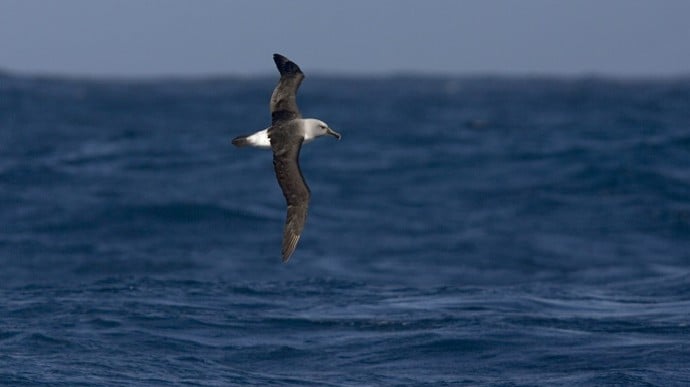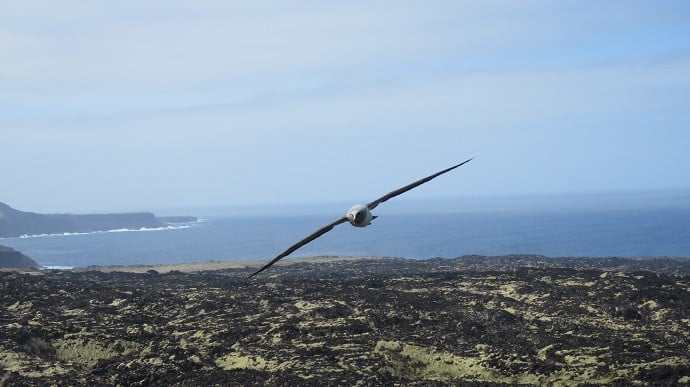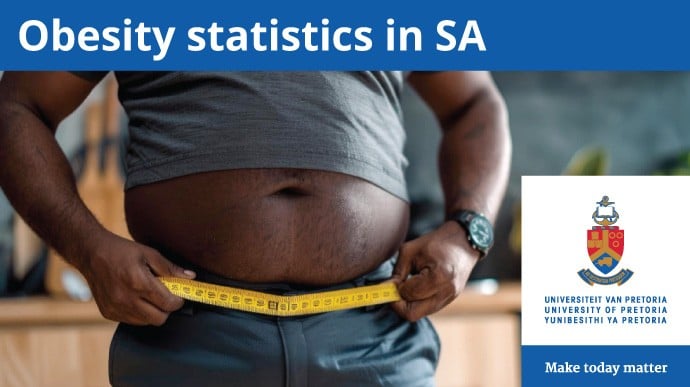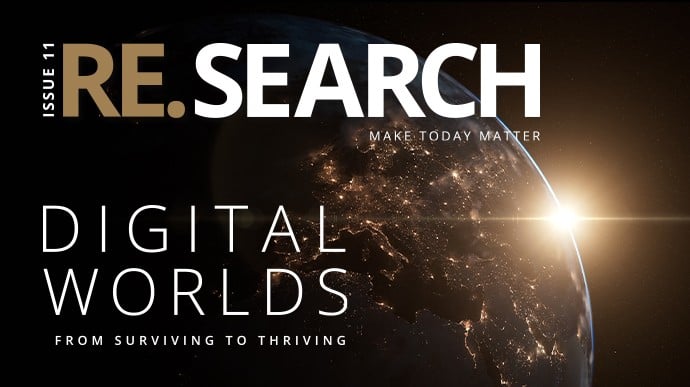 Story
Story
University of Pretoria (UP) researchers have become the first to document a disturbing new threat to the endangered grey-headed albatross: wind-driven, land-based deaths. The team documented the phenomenon on remote Marion Island during the sub-Antarctic summer. The study, published in the journal Marine Ecology Progress Series (MEPS), sheds light on the growing risks that extreme weather pose...
 Gallery
Gallery
Grey-headed albatrosses can fly extremely fast and are known for their gliding ability. But how do they interact in their environment when they need to land?
 Story
Story
Ransomware has emerged as one of the most devastating cyber threats, wreaking havoc on businesses. Ransomware attacks, once indiscriminate and opportunistic, have evolved into sophisticated, targeted campaigns. The advent of ransomware-as-a-service (RaaS) has lowered barriers to entry for attackers, enabling even novice cybercriminals to access pre-built ransomware kits and technical support.
 Infographic
Infographic
The prevalence of obesity is a significant concern, with recent global statistics showing that one in eight people worldwide are living with obesity. In Africa, the situation is more dire, with one in five adults affected; in South Africa, the figure is even higher, with one in four adults living with obesity.
 Story
Story
Researchers at the University of Pretoria (UP) may have identified the gene that is responsible for diet-related obesity. By exploring the role of the novel gene Slc7a8, they have made a potential breakthrough in current knowledge about the cellular mechanisms that drive fat accumulation. This understanding is crucial in developing effective treatments.
 Story
Story
The latest issue of the University of Pretoria’s award-winning RE.SEARCH magazine is available now and reflects a shift towards both a fresher design and outlook. This edition is curated under the theme ‘Digital’, and offers a glimpse into some of the fascinating research we’re doing at UP to drive digital leadership and innovation.
Copyright © University of Pretoria 2025. All rights reserved.
Get Social With Us
Download the UP Mobile App